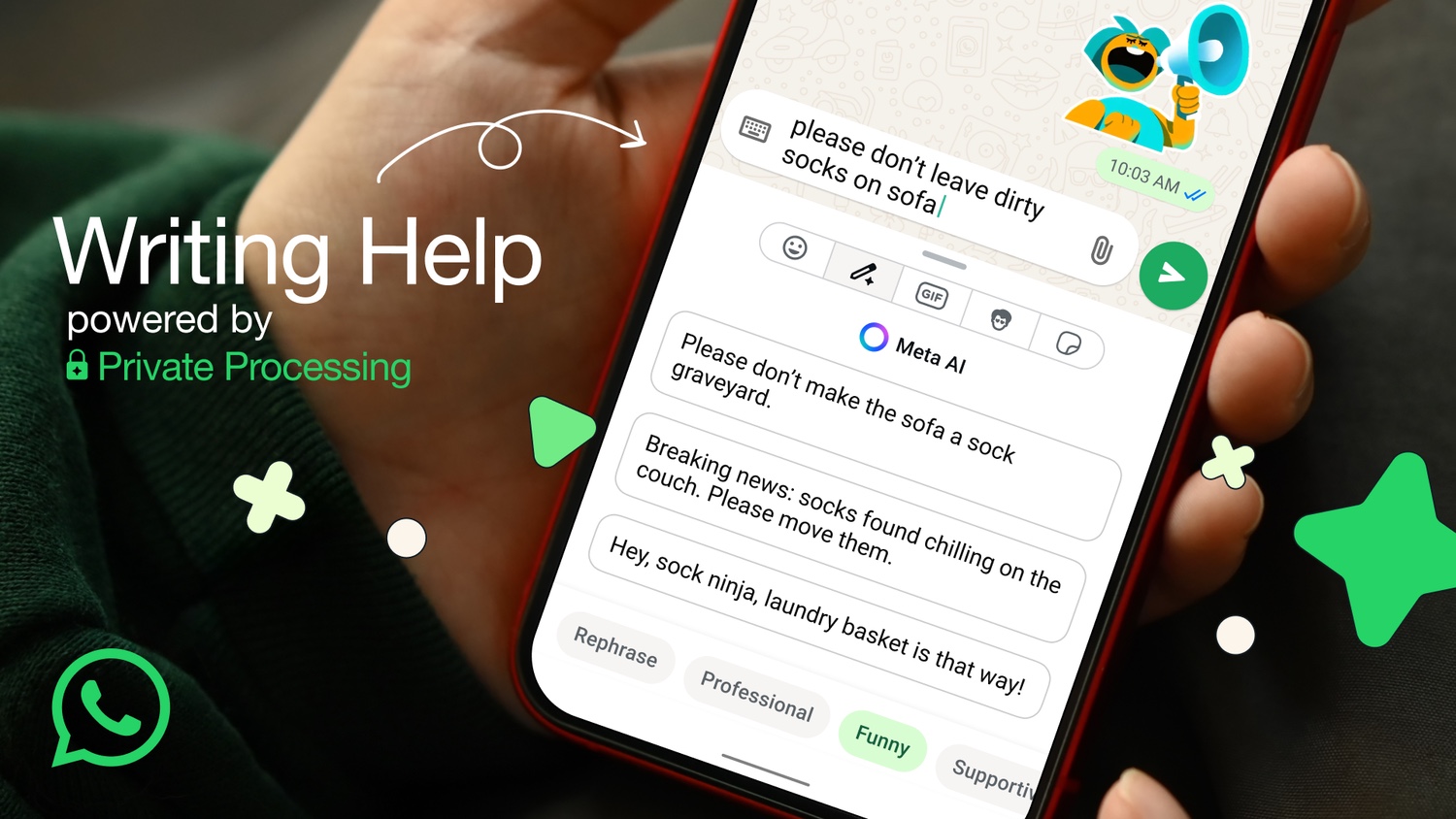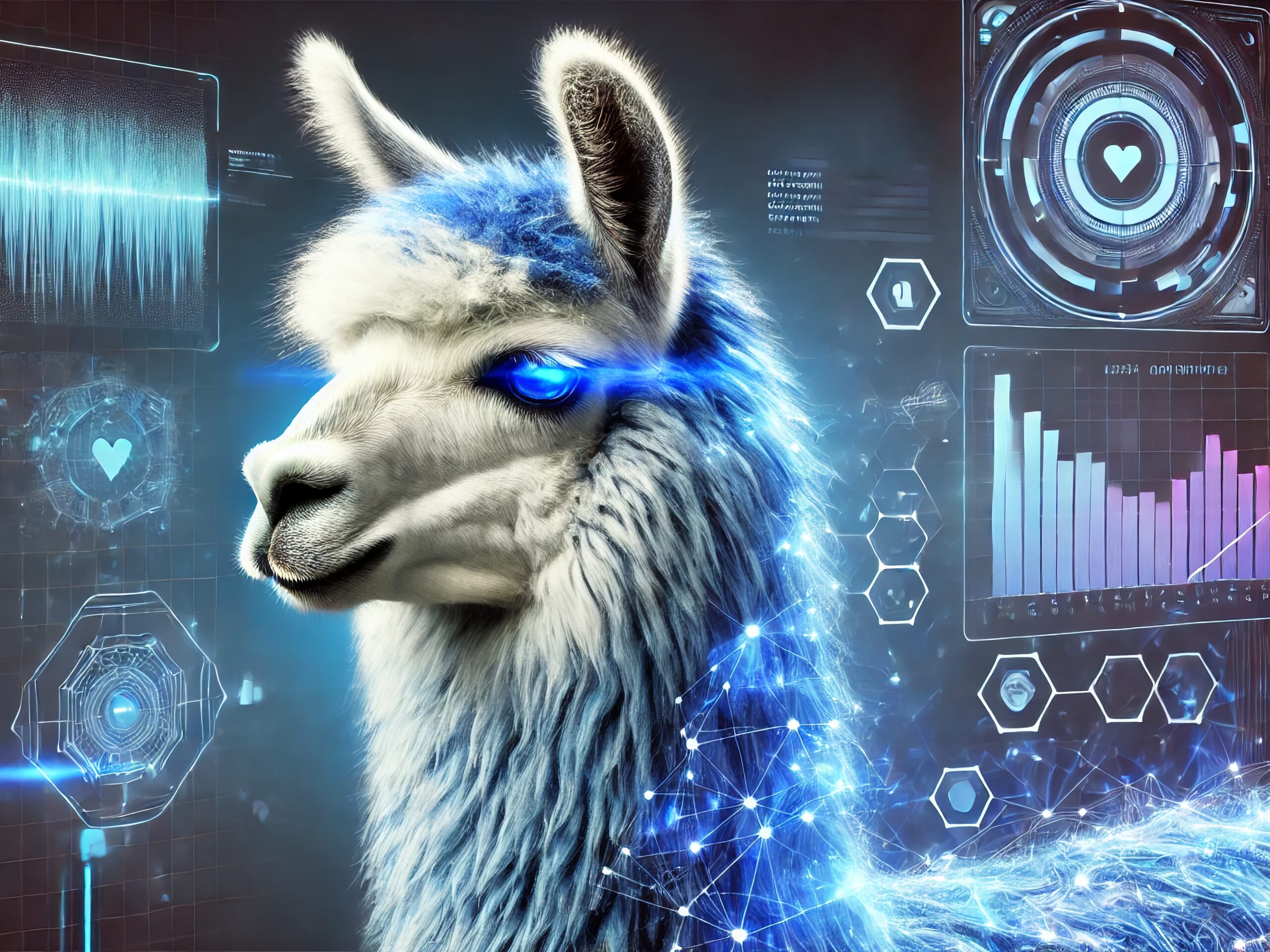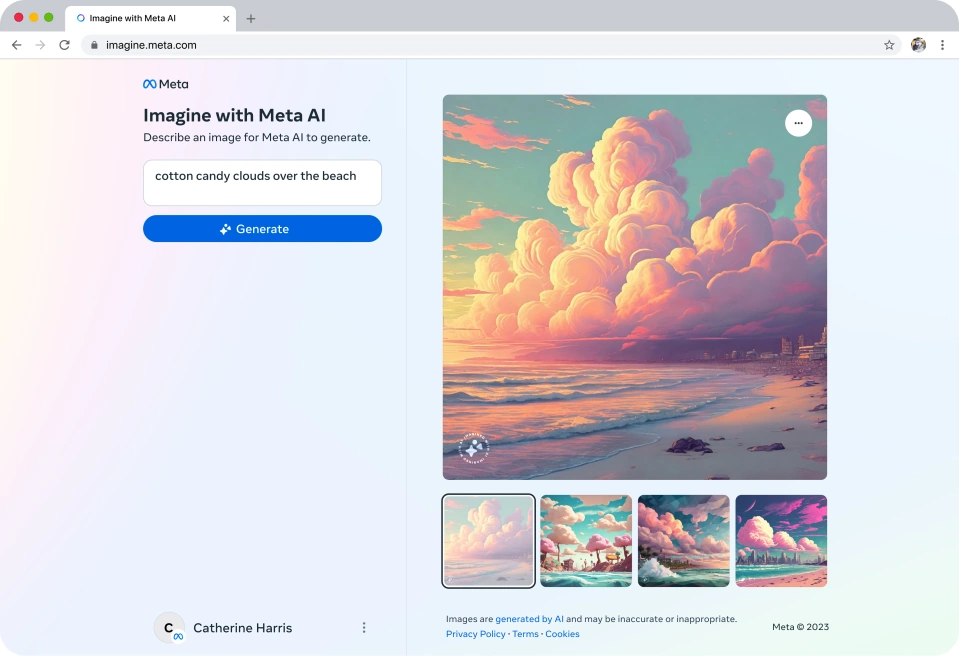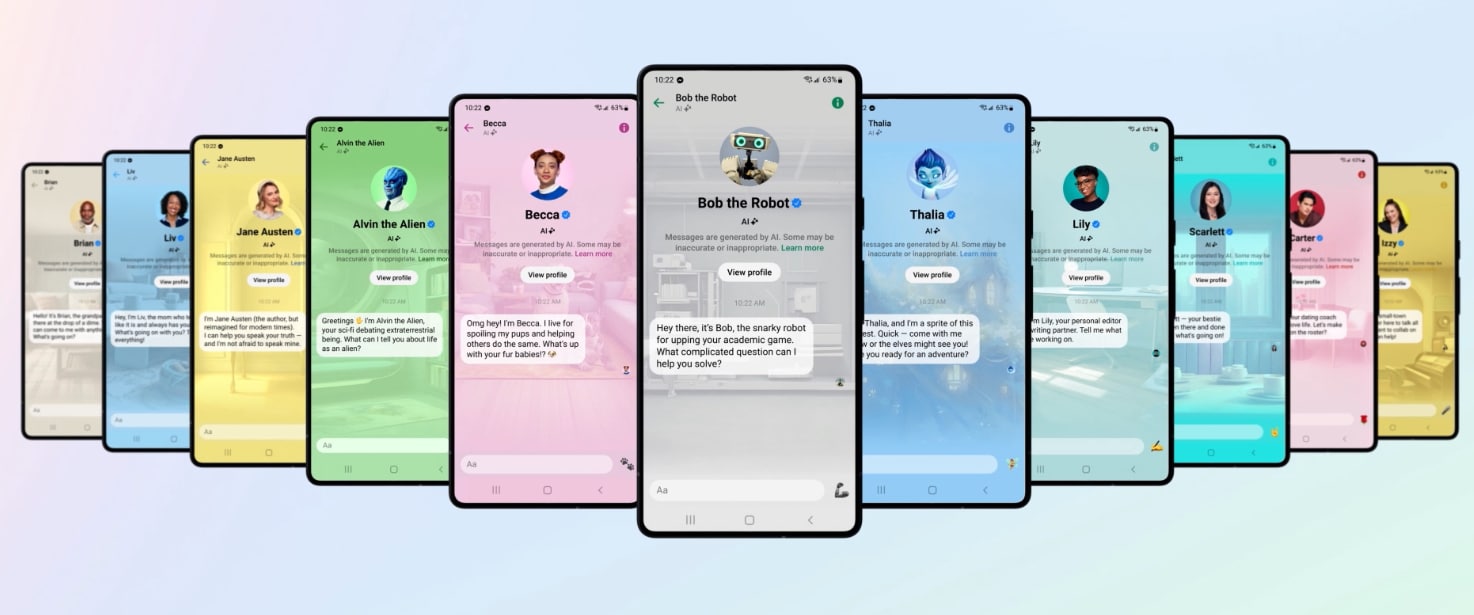
Get ready to see more targeted ads on Facebook
Advertising is how Meta makes money, hence Facebook users being bombarded with ads and “recommended content”. Starting today you may receive a notification that things are about to change. Unsurprisingly, they are not changing for the better.
Meta says that it is going to “start personalizing content and ad recommendations on our platforms based on people’s interactions with our generative AI features”. What does this mean? Targeted ads, essentially.

WhatsApp rolls out AI-powered Writing Help feature
WhatsApp is getting another injection of artificial intelligence in the form of Writing Help. As you would guess from the name, this is a tool designed to help you come up with the perfect message for different scenarios.
With Writing Help being billed as something that could be of assistance in all manner of communication, there will be understandable concerns about privacy. WhatsApp is one step ahead of worried users here, pointing out that Writing Help is built on top of Private Processing technology.

Meta may have torrented over 80 terabytes of pirated books to train its AI models
Just how AI models should be trained has been a subject of debate for some time now, with there being a lot of focus in whether publicly posted social media content is ripe for the picking or not. Now a new lawsuit suggests that Meta has been using pirated ebooks as a data source.
Emails that are serving as evidence in a copyright case against Meta appear to show that the Facebook owner has torrented scores of terabytes of data from a number of online resources. Among the places mentioned in newly released unredacted emails are Anna’s Archive, Z-Library and LibGen.

Meta’s Llama AI engine sees rapid growth in open source adoption
Meta’s Llama AI engine has seen substantial growth in the open source AI landscape, emerging as a leading force in the industry. With nearly 350 million downloads to date, Llama models have experienced a significant increase in adoption over the past year. In July alone, the models were downloaded over 20 million times, positioning Llama as a prominent open source model family.
Since the introduction of Llama 3.1, which expanded context length to 128K and added support for multiple languages, usage by token volume across major cloud service providers has more than doubled in three months. This growth reflects an increasing preference for Llama within the developer community, making it a notable competitor in the AI field.

Imagine: Meta makes its AI image generator available as a standalone tool
Meta has separated Imagine, its AI-powered image generation tool, from its chatbot by giving the service its own dedicated website. In breaking the image generator out of its messaging apps, Meta will be hoping to see faster uptake and increased interest.
The idea behind Imagine is much like the plethora of other AI image generators. Using Meta's own Emu technology, it will create four images based on text prompts and descriptions provided by users. Images are securely watermarked to make it difficult to pass off an AI image as a photo or a human-made creation. But the launch of the service will prove controversial as it will forced interested users into creating a Meta account.

Meta uses AI to bring stickers and celebrity chat buddies to its apps
Today, at the Connect event, Meta unveiled a promising suite of AI experiences sprucing up its family of apps and devices, charting a thrilling course towards more personalized and interactive digital realms. The announcements encompass AI stickers, a new conversational assistant named Meta AI, 28 additional AIs with distinctive personalities, and tools for creators and developers to craft their own AI entities.
Starting with the whimsical, Meta is rolling out AI stickers that breathe fresh energy into your chats and stories. Emu, Meta's image generation model, along with technology from Llama 2, morphs simple text prompts into a variety of high-quality, bespoke stickers. This feature, soon to grace WhatsApp, Messenger, Instagram, and Facebook Stories, is a delightful way to augment digital expressions.
